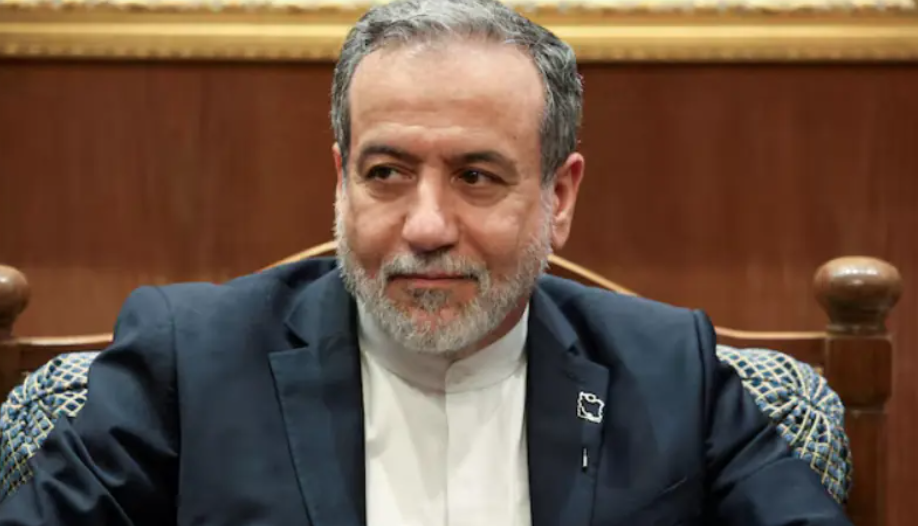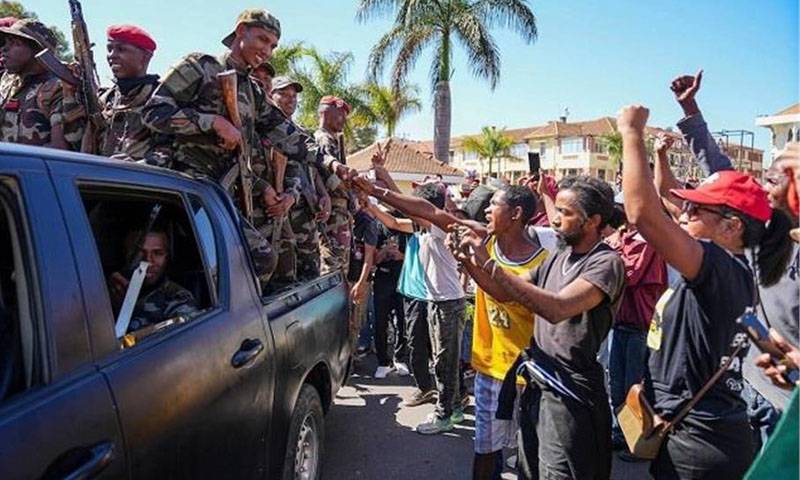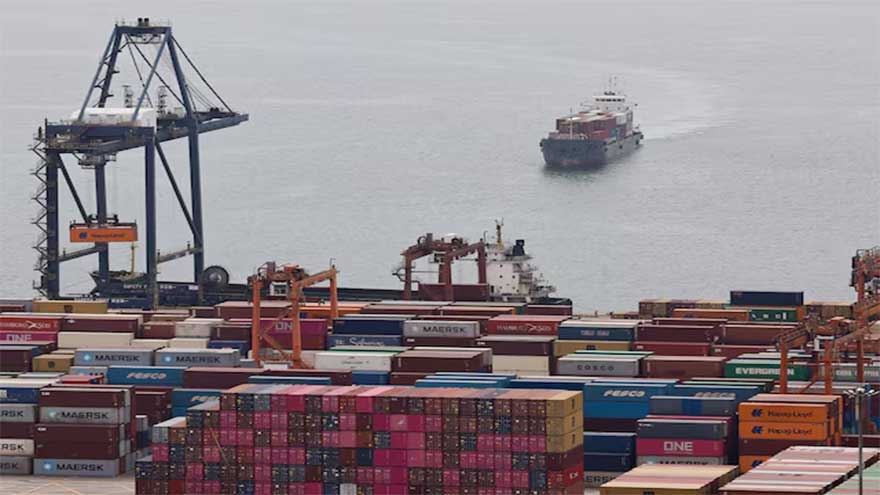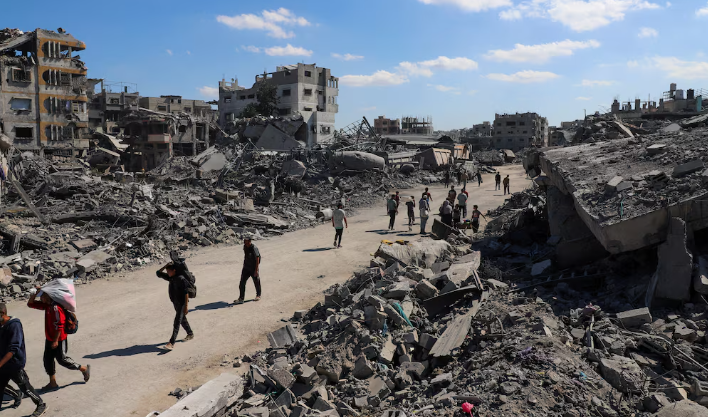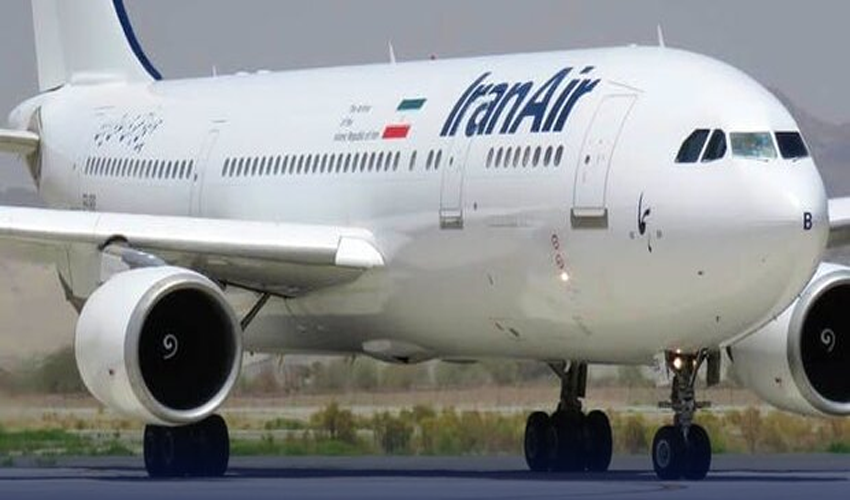WORLD NEWS
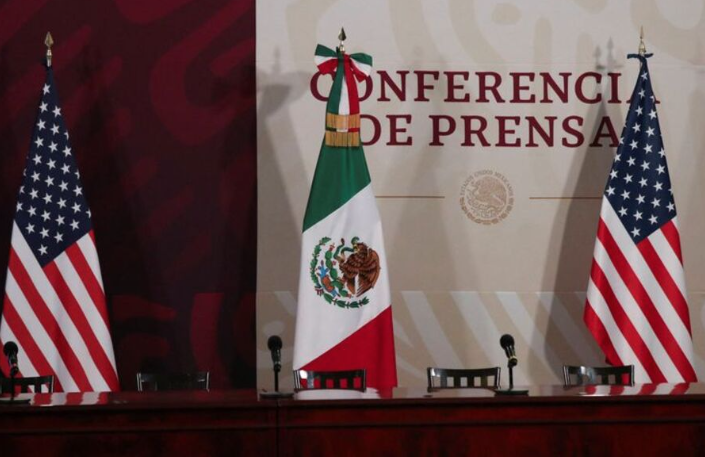
The U.S. government has revoked visas of at least 50 Mexican politicians and officials, according to sources cited by Reuters. The action is part of the Trump administration’s expanded crackdown on drug cartels and their suspected political collaborators.
While a few cases have been made public, the report reveals that the visa cancellations are far more widespread than previously known. Officials affected belong largely to President Claudia Sheinbaum’s ruling Morena party, though members of other political parties have also been impacted.
A senior Mexican politician confirmed that dozens of current officials had lost their U.S. travel privileges but declined to disclose names due to the sensitive nature of the issue. So far, only four individuals have publicly confirmed losing their visas — among them Baja California Governor Marina del Pilar Ávila, who has firmly denied any link to organized crime.
A senior U.S. State Department official told Reuters that visas “may be revoked at any time” for activities that run contrary to America’s national interests. The move aligns with President Donald Trump’s broader strategy to apply pressure on Mexico to take stronger action against drug trafficking networks operating along the border.
Former U.S. ambassadors say the scale of the revocations is unprecedented, signaling Washington’s willingness to use diplomatic tools to achieve security goals. “The Trump administration is finding new ways to exert more pressure on Mexico,” said Tony Wayne, who served as U.S. ambassador to Mexico from 2011 to 2015.
The wave of visa cancellations has not been limited to Mexico. The Trump administration has also reportedly revoked visas of politicians and officials in Colombia, Brazil, and Costa Rica, including prominent figures like former Costa Rican President and Nobel laureate Oscar Arias, who has been critical of Trump’s policies.
In Mexico, the revocations could strain bilateral relations, particularly as President Sheinbaum seeks closer cooperation with Washington on security and trade while rejecting any talk of unilateral U.S. military intervention.
Experts say the visa actions are part of a broader security agenda following the Trump administration’s decision to designate certain Mexican cartels as terrorist organizations. This move has increased the role of U.S. intelligence, particularly from the DEA, in determining visa eligibility.
While the State Department is not required to explain visa revocations, the lack of transparency has left many Mexican officials uncertain about whether they are under investigation. “Having your visa pulled could mean you’re being investigated, but not necessarily,” said former U.S. Ambassador Roberta Jacobson.
Analysts warn that the aggressive visa policy could backfire, potentially undermining security cooperation and fueling political backlash in Mexico. However, U.S. officials maintain that the measure is a necessary step to combat corruption and cartel influence within the region’s political circles.
